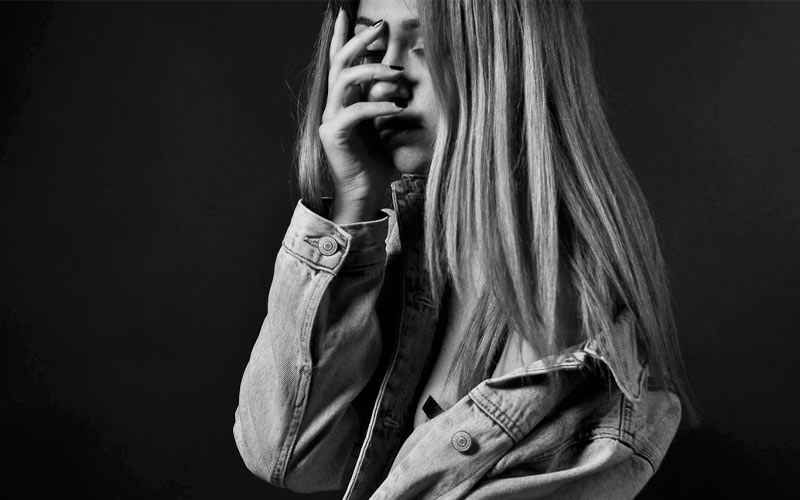

Secondly, you can turn off notifications and/ or avoid social media right after a bad game/ performance.
#Negative effects of social media on sports software
First of all, there are software programs that can help delete or hide such messages. Phil Jones knows a lot about this as he used to be a weekly target for trolls. But when you strip it all back it doesn’t really matter what they say because they’re not picking the team”. “I stepped away from social media a long time ago, but it’s difficult because all your friends read it, your family read it I know as a young player, that’s the first thing you do: you come off the game and you want to see what people are saying about you. Phil Jones of Manchester United opened up about mental health and social media a few months ago in an interview with UTD podcast. Indicatively, in the span of 12 months, LeBron James received approximately 123,000 abusive messages, Tom Brady 28,000 and Cristiano Ronaldo 12,000. The results were astonishing vis-à-vis online abuse. Pickswise has analyzed tweets sent to athletes. You might receive hundreds of positive comments throughout the day, but just one abusive and ill-conceived message is enough to ruin your day. Japanese table tennis champion Jun Mizutani received online death threats. South Korean archer An San who won three gold medals for her country, was mocked on Twitter for her short hair. Sadly, we don’t have to go back decades to find examples just the cases from 2021 are plenty for 20 articles. Not only did they have to cope with missing the most important penalty kick of their lives, with letting down their teammates and coaches and the fans in attendance, but they also had to put up with the abuse of internet “warriors” throwing insults and slurs at them. Twitter, Facebook and Instagram had to remove thousands of comments, posts and other racially abusive content directed at the trio. Now contrast these cases with what happened with the three England internationals – Rashford, Sancho and Saka – who missed their penalties against Italy during the Euro 2020 final.
#Negative effects of social media on sports tv
The worst you could get in the early 2000s was some stick from TV pundits and journalists. When Andriy Shevchenko missed his penalty in the 2005 Champions League final against Liverpool there was no Twitter for bigots to ridicule and abuse him. When Maradona scored his (in)famous goal against England in 1986, there was no Facebook for English fans to send him death threats. It is hard to sympathise with some of the richest and most privileged people in the world, but what we tend to forget is that most of these people are no older than 25 years old and some of them are still teenagers. The reality is, these superstars find themselves constantly under siege due to poor performance or for saying something that they shouldn’t have or for phrasing something poorly. For some solo sport athletes, it is their primary source of income. The problem is only real human interaction can ease stress, anxiety, and depression, curb loneliness and give us comfort and joy.Īthletes and especially those enjoying international recognition cannot afford not be online due to financial considerations, commercial opportunities, pressure and visibility. These multi-billion-dollar entities managed to find a way to trigger our brain’s reward system through dopamine hits, with the use of like buttons and flashy friend/ follow requests. There is an army of engineers and psychologists whose purpose is to answer the question “How can I get this person to stay on Instagram/ Facebook/ Twitter for longer”. Social media platforms are designed to be addictive. The consequences according to research are plenty: depression, anxiety, memory loss, poor athletic performances and the list goes on. Try the comments underneath something posted by an athlete there is no chance that you won’t find something negative. Bullying, body- shaming, hate, abuse, racism, sexism and a host of other -isms have crept their way into the day-to-day reality of social media.Ĭelebrities are the most frequent targets of these attacks which has turned into an epidemic. There is, however, the flip side to all that which we’d rather not talk about that much up until the moment it affects us. You can find people from all over the world who share your interests and follow your favourite athletes. Social media are online platforms that help you connect with people from all over the world, upload family pictures and like your friends’ vacation photos.

By Iacovos Iacovides, The Sports Financial Literacy Academy


 0 kommentar(er)
0 kommentar(er)
